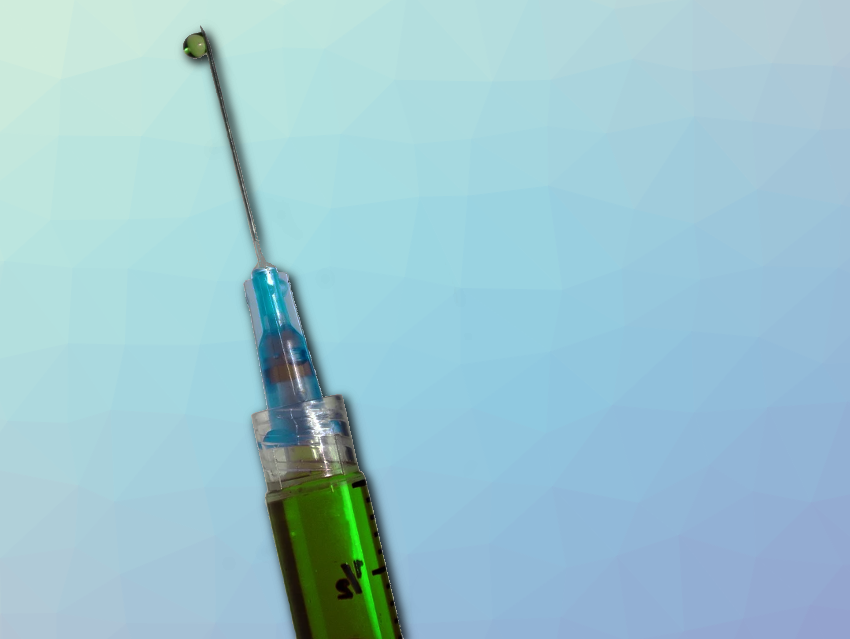Merck and the University of Oxford’s Jenner Institute announced that the Jenner Institute has laid the foundation for large-scale production of its Covid-19 vaccine candidate, ChAdOx1 nCoV-19. Speed is a major challenge when facing a new outbreak such as the Covid-19 pandemic. One way to speed up the production of a vaccine is to carry out large scale manufacturing concurrently while the clinical trial is ongoing. If the clinical trial is successful, the vaccine would be ready in larger quantities to be deployed immediately. The clinical trial started in March 2020 and runs through May 2021.
ChAdOx1 nCoV-19 was originally developed at the University of Oxford to target MERS. It is based on an adenovirus vaccine vector and the COVID-19 spike protein. The adenovirus has been modified so that it cannot reproduce within the body. The genetic code to provide instructions for making the coronavirus spike protein has been added, enabling the adenovirus to produce this protein after vaccination. This results in the formation of antibodies to the spike protein, which is known to be on the surface of SARS-CoV-2.
Over the last two years, Merck’s collaboration with The Jenner Institute has led to the development of a rapid, scalable platform following good manufacturing practices and using disposable technologies for the adenovirus platform. While the initial work was developed with a rabies vaccine candidate, the platform was then validated with different adenovirus constructs aiming at increasing the speed of future vaccine development and manufacturing.
In an extremely short time, the Jenner Institute team was able to develop a 10-liter production process for ChAdOx1 nCoV-19 based on the platform previously developed with Merck. This is the basis for the next round of scale-up.
- Merck KGaA, Darmstadt, Germany
- Jenner Institute, Oxford, UK
Also of Interest
- Collection: SARS-CoV-2 Virus
What we know about the new coronavirus and COVID-19 – articles published in ChemistryViews related to SARS-CoV-2




